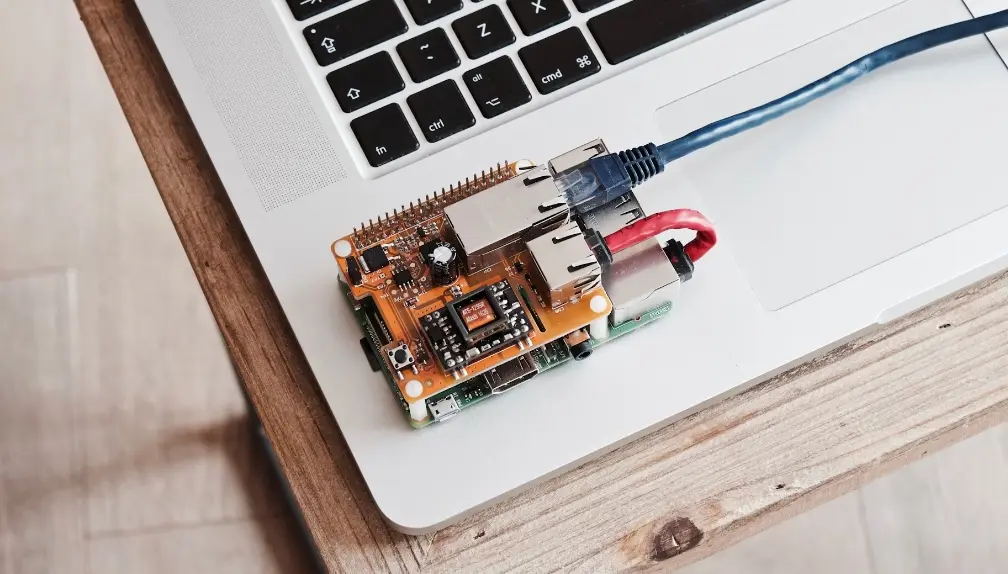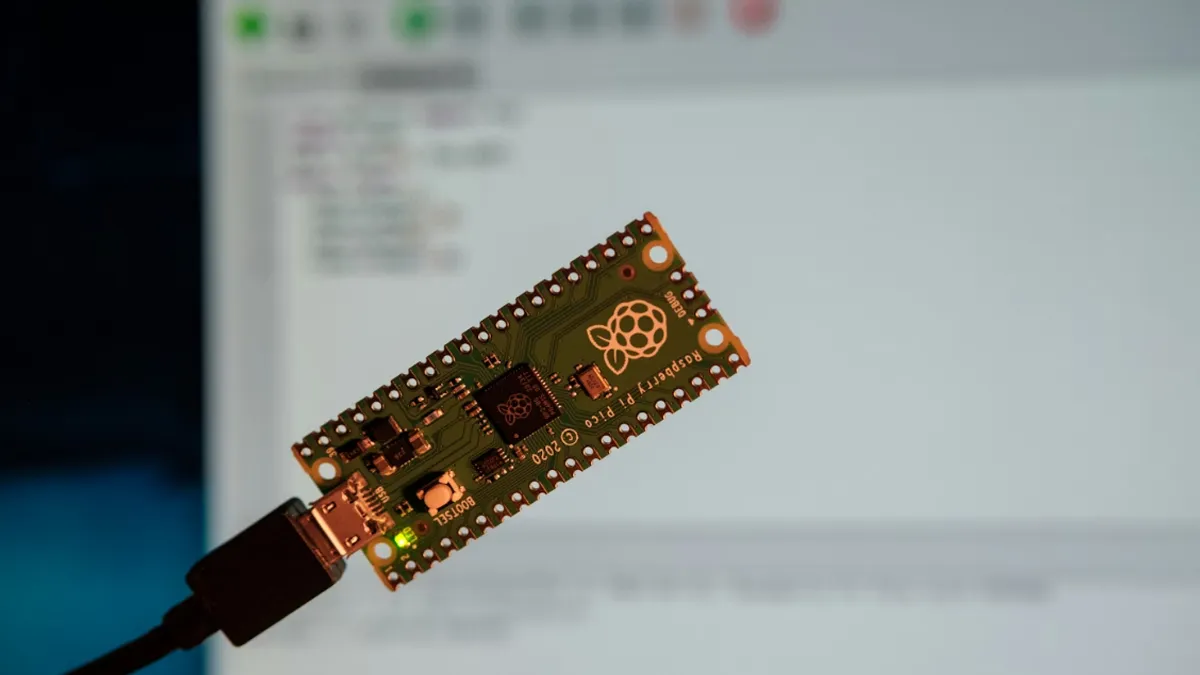
Telecommunication Products Certification in the Japanese
The Japanese telecommunication products market is renowned for its strict standards and regULations. To successfully enter this market, it is essential to meet a series of mandatory certification and testing requirements. These certifications and tests not only ensure product quality and safety but also serve as the key gateway for companies to enter Japan.

telec certification (Radio Equipment Conformity Certification in Japan)
TELEC certification is a mandatory requirement for telecommunication products entering the Japanese market. It is conducted by TELEC (Telecom Engineering Center), a registeRED certification body designated by Japan’s Ministry of Internal Affairs and Communications (MIC). Its scope covers a wide range of products, including but not limited to:
- Wireless communication products and telecom terminal devices (e.g., laptops, projectors)
- Bluetooth devices (e.g., headsets, speakers)
- UWB ultra-wideband products
- Wireless modules (e.g., WiFi modules, NFC modules)
- Mobile phones, tablets, and in-vehicle devices
(1) Technical Standards and Regulatory Compliance
- Electromagnetic Compatibility (EMC):Products must comply with the EMC and radio communication quality standards stipulated by Japan’s Radio Law. This includes radiated emission tests, interference resistance tests, and other related evaluations to ensure that devices do not cause harmful interference to other frequency bands.
- Technical Standards Reference:TELEC certification follows standards listed in the online Technical Regulations Conformity Certification system, which are tied to the Radio Regulatory Commission Rules No. 18. In case of discrepancies, the Radio Law takes precedence.
(2) Testing Items
Key testing items include radiated emission tests and wireless communication tests. Specific requirements vary depending on product type:
- 2.4GHz WiFi (802.11b/g, 2412–2472MHz)and Bluetooth devicesfollow MIC Notice Annex 43. However, Channel 14 (2471–2497MHz)for 2.4GHz WiFi must follow Annex 44.
- 5GHz WiFi (802.11a, 5180–5320MHz, W52 & W53 bands)follows Annex 45.
(3) Certification Types
- Test Certification:Applies only to the specific device unit tested.
- Type Certification:Applies to a batch of devices of the same design and manufacture. If design or production changes occur, re-certification is required.
(4) Application Documents
Required documents include:
- Quality control verification method or manufacturer ISO 9001 certificate
- Test reports (including results, setup photos, and inspection details)
- Label information (certification mark, product model, manufacturer details, etc.)
JATE Certification (Telecommunication Equipment Conformity Certification)
JATE certification is mandatory for telecommunication equipment connected to Japan’s public telecommunication networks, ensuring compliance with the Telecommunications Business Law. All wireless products connected to public telephone or telecom networks must obtain JATE certification.
(1) Certification Basis and Authority
The Ministry of Internal Affairs and Communications (formerly MPHPT) requires mandatory certification of telecom equipment. JATE (Japan Approvals Institute for Telecommunications Equipment) is authorized to carry out conformity assessments.
(2) Certification Types
- Technical Standards Conformity Certification:Includes type approval and unit certification, ensuring that devices (e.g., telephone network equipment, wireless pagers, ISDN devices, leased line devices) meet the technical requirements of the Telecommunications Business Law.
- Technical Requirement Conformity Certification:Includes type approval and unit certification, ensuring that telecom devices comply with technical requirements set by authorized telecom operators.
(3) Applicable Product Scope
Includes telephone network equipment, wireless pagers, ISDN devices, leased line equipment, and other telecom devices.
(4) Application Process and Documents
- Process:Applicant prepares samples and documentation → submits to testing lab → testing conducted → certification body reviews reports → certificate issued.
- Documents:Application form, schematics, PCB layout, BOM, user manual, bitmaps, ISO certificate, and other relevant information.
Other Certifications and Testing
(1) emc certification – vcci certification
VCCI certification ensures compliance with electromagnetic compatibility requirements. Communication products must pass EMC tests such as conducted emissions and radiated emissions to ensure they do not interfere with nearby electronic equipment.
(2) Electrical Safety Certification – pse certification
PSE certification is a mandatory safety certification under Japan’s DENAN Law (Electrical Appliance and Material Safety Law). Communication products must pass safety standard testing, with requirements depending on product type:
- Diamond-shaped pse mark:For components (e.g., fuses, cables). Mandatory third-party testing by bodies authorized by Japan’s Ministry of Economy, Trade and Industry (METI).
- Round PSE mark:For complete products. Requires testing by a third-party lab to verify compliance with Japan’s technical safety standards.
Entering the Japanese telecommunications market requires navigating a strict and complex certification and testing process. Companies must fully understand these requirements and incorporate certification planning into product R&D early on. Doing so ensures smooth approval and market entry, ultimately securing a competitive position in Japan’s telecommunication industry.
Email:hello@jjrlab.com
Write your message here and send it to us
 What is EU CE-RED Directive Certification?
What is EU CE-RED Directive Certification?
 What is CE certification electronics?
What is CE certification electronics?
 EU CE-RED Certification Guide for Wireless Product
EU CE-RED Certification Guide for Wireless Product
 How to get for Wireless CE Certification?
How to get for Wireless CE Certification?
 What is CE Certification for Wireless devices?
What is CE Certification for Wireless devices?
 Amazon Toy TIC Audit Costs, Timelines, and Testing
Amazon Toy TIC Audit Costs, Timelines, and Testing
 Amazon Direct Validation (DV) Audit
Amazon Direct Validation (DV) Audit
 Products Requiring Amazon TIC Certification Review
Products Requiring Amazon TIC Certification Review
Leave us a message
24-hour online customer service at any time to respond, so that you worry!




